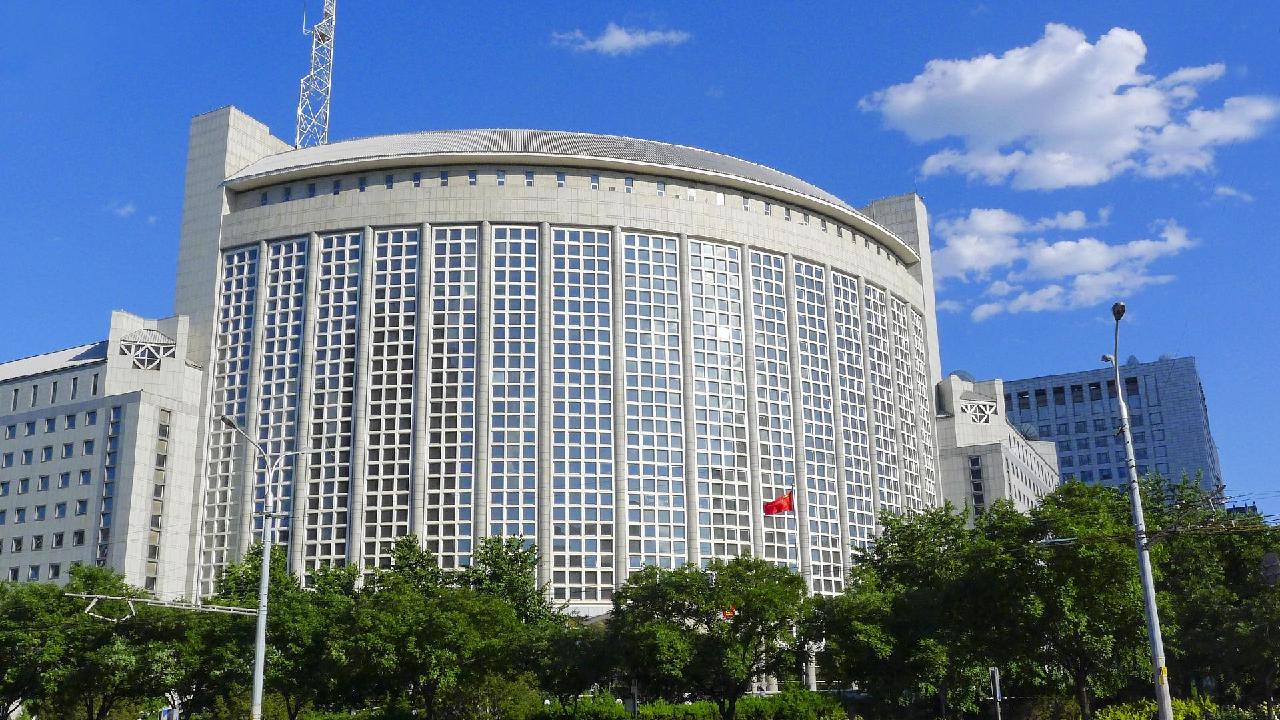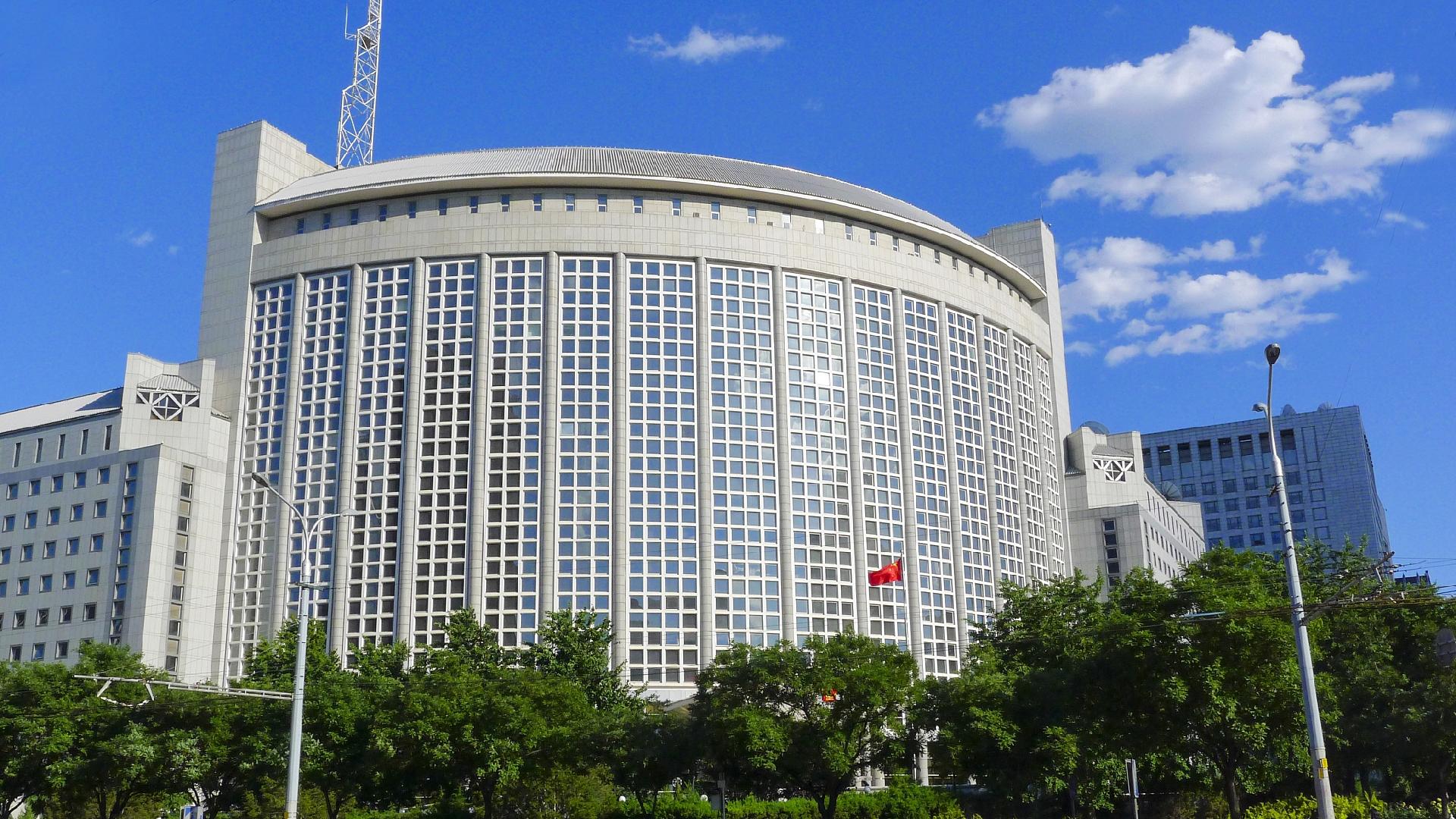China Condemns and Rejects Negative Statements Amid Diplomatic Tensions
China condemns U.S. Defense Secretary Hegseth's disparaging comments at the Shangri-La Dialogue, calling them unfounded and inappropriate.


China has issued a *direct and forceful response* to negative statements made about the country by U.S. Defense Secretary Pete Hegseth during the 22nd Shangri-La Dialogue, expressing both strong condemnation and firm opposition. In remarks released on Saturday, a spokesperson for the Chinese foreign ministry accused Hegseth of disregarding regional calls for peace and development, instead promoting a "Cold War mentality" and engaging in bloc confrontations.
The spokesperson argued that Hegseth’s comments were intentionally provocative, designed to vilify China through what were described as *defamatory allegations* and false characterizations of China as a threat. “The remarks were filled with provocations and intended to sow division,” the spokesperson emphasized, underlining that China had formally protested to the United States in response.
Highlighting ongoing regional tensions, the spokesperson asserted that the *United States itself should bear the responsibility of being labeled a hegemonic power*, not China. According to the statement, U.S. actions—including deploying offensive weaponry in the South China Sea and pursuing policies labeled under the "Indo-Pacific strategy"—are escalating tensions and potentially destabilizing the Asia-Pacific region. The spokesperson warned that these measures have turned the area into a “powder keg,” generating concern among neighboring countries.
Addressing the sensitive Taiwan issue, the spokesperson reiterated that the matter is *entirely an internal affair* of China, and that no foreign government has the right to interfere. The statement delivered a stern warning to the United States, asserting that it should not use the Taiwan issue as leverage against China nor support pro-independence forces. Emphasis was placed on the *one-China principle* and the importance of adhering to the three joint communiqués between China and the United States.
On the question of the South China Sea, the spokesperson rejected claims of impediments to freedom of navigation and overflight, asserting that China remains dedicated to resolving differences through dialogue with concerned parties. At the same time, the statement maintained that China would safeguard its sovereignty and maritime rights according to established laws and regulations. Blame for instability in the region was placed squarely on the United States, which was described as "the primary factor that is hurting the peace and stability in the South China Sea."
In closing, China called on the United States to respect the collective efforts of regional countries aimed at maintaining peace and stability. The spokesperson urged Washington to refrain from actions that could destroy the environment of cooperation in the Asia-Pacific, insisting the United States should stop *inciting conflict and confrontation* that risk escalating tensions in this strategically vital region.




